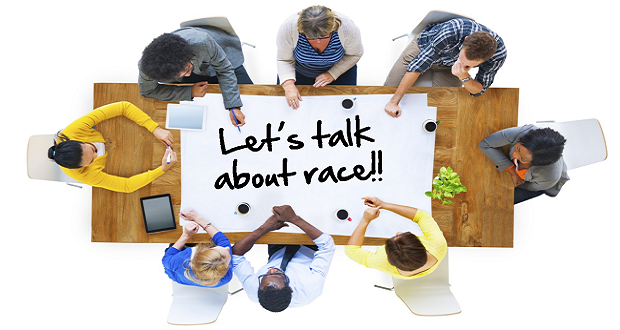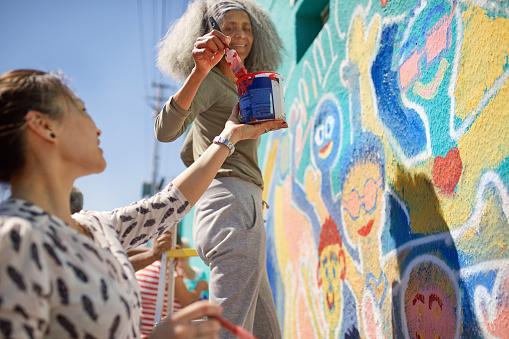
This is the first in a series of articles on what it means to have bold conversations about race.
The Winters Group is honored to sponsor a new feature at The Forum on Workplace Inclusion in March called Bold Conversations: Calling the Race Card. With all of the high profile race-related events of the past two years in the US and globally, The Forum thought it was time that diversity practitioners have some real conversations about race and explore long-term solutions. Participants will have the opportunity to attend several different small group sessions which will explore different aspects of the racial issues in the US and abroad.
We have talked about having real conversations about race and other diversity issues for years. “Discussion” is one of our main solutions for resolving the normal tension that can result from different perspectives borne out of the different lenses from which we see the world. The world has a checkered and a not so positive history of dealing with racial and ethnic differences and instead of getting better we are getting worse at it or at best we are “stuck.”
I believe that we have not made progress because we do not know how to talk about our differences. We need to develop the competencies to have meaningful conversations that can lead to new ways of thinking on the part of all sides. When we put people in a room to talk about race without the proper tools to achieve the objectives that we would like, we get nowhere and we actually regress.
So how do we prepare people to have meaningful conversations across difference? First of all we need to understand the current level of ability or competence. Think about it like a college placement evaluation. A student who has studied French from grade school may be able to place out of introductory courses in college because he/she is at a different level of competency. Someone who is already very cross-culturally competent may be able to have deep and meaningful conversations about race. However if the group is also comprised of individuals who are less competent, you will likely not get the desired outcomes. If the French class has individuals who are advanced in their grasp of the language and those who are just starting and the professor gears the content towards the advanced students, the novices will be frustrated. On the other hand if the professor targets the introductory students, the advanced students will be frustrated.
Here are a set of questions that we need to answer before embarking on Bold Conversations:
- Are we ready for the discussion?
- What are the cross-cultural competence skills of those involved in the dialogue (e.g. level of cultural self-awareness, awareness of one’s blind spots and biases, interest in learning more)?
- Has trust been built?
- Has a safe environment been created where people will not feel judged or punished for not being so competent?
- Do we have a skilled facilitation for team discussions?
- Is there a commitment to ongoing learning? (One does not become competent in anything without ongoing learning to develop their skills. A lot of diversity related training is based on a “one and done” mentality.)
The posts that follow will go more in depth on how you develop the skills for bold conversations!


















